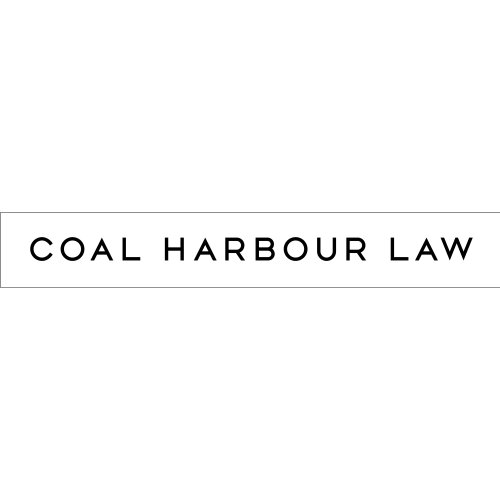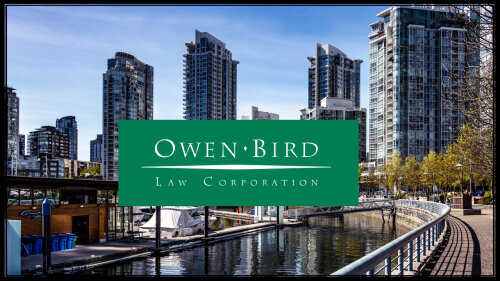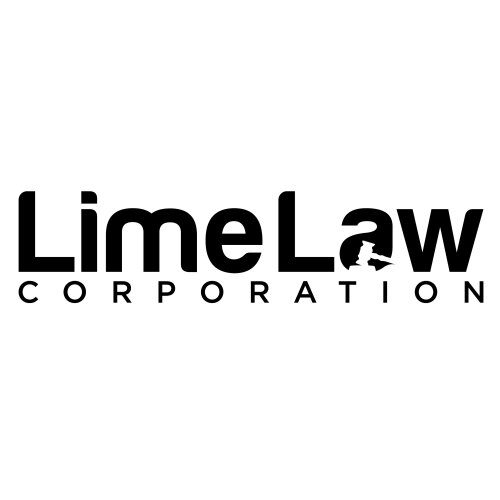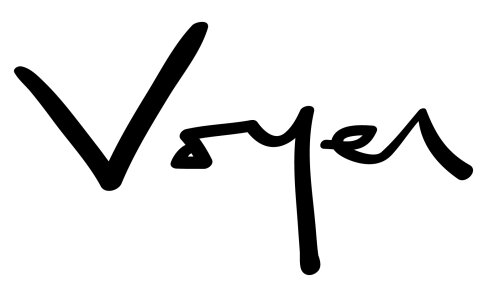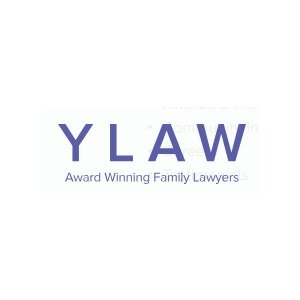Best Nonprofit & Charitable Organizations Lawyers in Vancouver
Share your needs with us, get contacted by law firms.
Free. Takes 2 min.
List of the best lawyers in Vancouver, Canada
About Nonprofit & Charitable Organizations Law in Vancouver, Canada
Nonprofit and charitable organizations in Vancouver, Canada, play a crucial role in addressing social issues, providing services, and enhancing the quality of life within the community. These organizations operate under a specific legal framework designed to ensure they meet their missions effectively while complying with relevant regulations. In Vancouver, nonprofits can take various forms, including societies under the BC Society Act, charitable trusts, and nonprofit corporations. Legal guidance is often essential for navigating these frameworks, especially as these organizations must adhere to governance, fundraising, and financial management standards.
Why You May Need a Lawyer
Many situations may require legal expertise when dealing with nonprofit and charitable organizations. Establishing a new organization often involves complex legal processes, such as drafting incorporation documents and bylaws. Additionally, nonprofits may need legal advice regarding tax exemptions, organizational governance, contract negotiations, or compliance with labor laws. With each scenario, ensuring legal compliance is crucial to maintaining the organization's status and operations. Lawyers specializing in nonprofit law can offer assistance and ensure the organization follows all legal obligations.
Local Laws Overview
Vancouver's nonprofits must comply with multiple legal frameworks at both the federal and provincial levels. Key legislation includes the British Columbia Societies Act, which governs the formation, operation, and dissolution of nonprofit societies in BC. Additionally, the Canada Revenue Agency (CRA) oversees charitable registration and tax exemption status for organizations seeking charitable status. The Nonprofit Corporations Act also applies to some organizations, specifically addressing issues related to governance and financial practices. Understanding these laws ensures that nonprofits operate within legal boundaries and maintain their charitable status.
Frequently Asked Questions
What is the difference between a nonprofit and a charity?
A nonprofit organization operates for purposes other than generating profit for its members, using any surplus funds to further its mission. A charity is a type of nonprofit that focuses on charitable activities and can issue tax receipts for donations.
How do I start a nonprofit organization in Vancouver?
To start a nonprofit, you'll need to incorporate under the BC Societies Act or relevant federal statutes, establish a board of directors, draft bylaws, and register with the appropriate authorities.
What are bylaws, and why are they important?
Bylaws outline how a nonprofit is governed and operated, including procedures for meetings, voting, and the roles of directors. They are legally binding and crucial for organizational structure and decision-making.
How can a nonprofit achieve charitable status?
To become a registered charity, an organization must apply to the Canada Revenue Agency and demonstrate that its purposes fall within certain categories defined by Canadian law, such as relief of poverty or advancement of education.
Are there specific reporting requirements for nonprofits in Vancouver?
Yes, nonprofits must file annual reports with the BC Registry Services and annual returns with the CRA. These reports include financial statements and information about board members.
Can nonprofits engage in political activities?
Nonprofits can engage in some political activities but must ensure they are non-partisan and related to their charitable purposes. There are restrictions on the extent and nature of these activities.
What are the tax implications for donors to charitable organizations?
Donors can receive tax credits for donations to registered charities, reducing their taxable income. The charities must issue official receipts for tax purposes.
How can a nonprofit protect its intellectual property?
Nonprofits can protect their intellectual property, such as logos or publications, by registering trademarks or copyrights and putting intellectual property policies in place.
What is director and officer liability insurance?
This insurance protects board members and officers from personal liability for actions they take on behalf of the organization, ensuring they are not personally liable for the organization's debts or legal actions.
Can a nonprofit convert into a for-profit organization?
While challenging, converting a nonprofit to a for-profit entity may be possible, but it involves complex legal processes and considerations regarding asset distribution and compliance with respective legal frameworks.
Additional Resources
Several resources can assist with legal questions related to nonprofit and charitable organizations. The BC Registry Services provides information on incorporation and annual filings for societies. The Canada Revenue Agency offers guidance on charitable status and tax-related matters. Additionally, the Charities Directorate of the CRA is an essential resource for maintaining compliance with federal charitable requirements.
Next Steps
If you require legal assistance relating to nonprofit and charitable organizations in Vancouver, consider consulting with a lawyer specializing in nonprofit law. They can provide advice on incorporation, compliance, governance, and more. Start by outlining your legal questions and gathering any relevant documents. Contact local law societies or search online directories to find a lawyer with expertise in nonprofit law to help guide your organization through any legal complexities.
Lawzana helps you find the best lawyers and law firms in Vancouver through a curated and pre-screened list of qualified legal professionals. Our platform offers rankings and detailed profiles of attorneys and law firms, allowing you to compare based on practice areas, including Nonprofit & Charitable Organizations, experience, and client feedback.
Each profile includes a description of the firm's areas of practice, client reviews, team members and partners, year of establishment, spoken languages, office locations, contact information, social media presence, and any published articles or resources. Most firms on our platform speak English and are experienced in both local and international legal matters.
Get a quote from top-rated law firms in Vancouver, Canada — quickly, securely, and without unnecessary hassle.
Disclaimer:
The information provided on this page is for general informational purposes only and does not constitute legal advice. While we strive to ensure the accuracy and relevance of the content, legal information may change over time, and interpretations of the law can vary. You should always consult with a qualified legal professional for advice specific to your situation.
We disclaim all liability for actions taken or not taken based on the content of this page. If you believe any information is incorrect or outdated, please contact us, and we will review and update it where appropriate.



